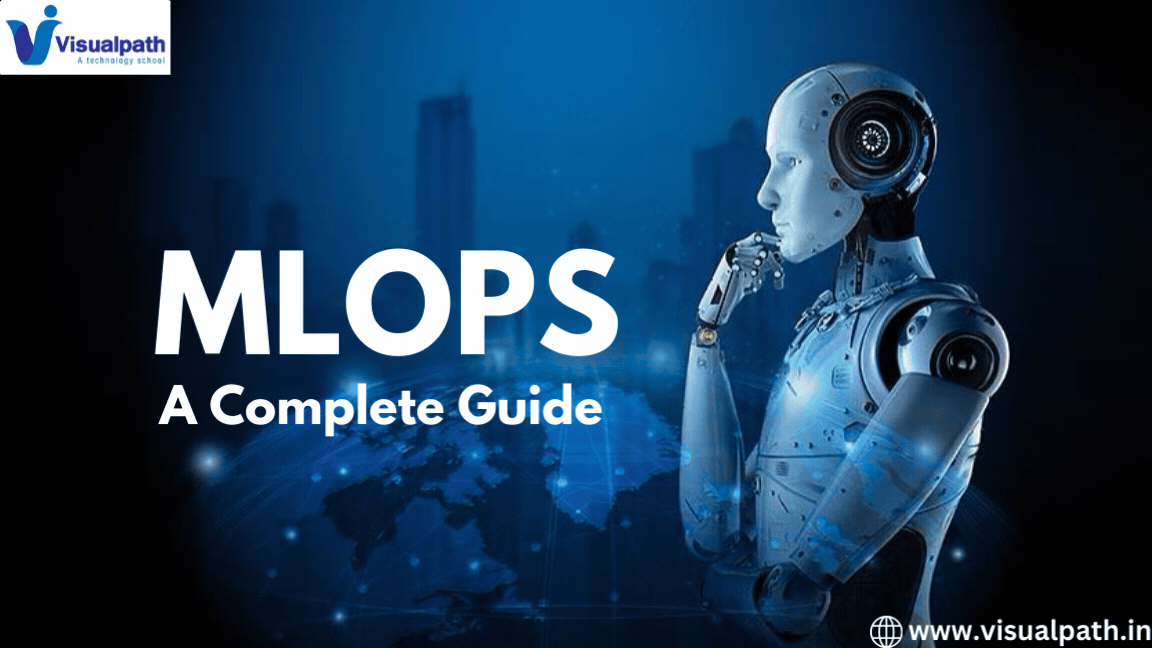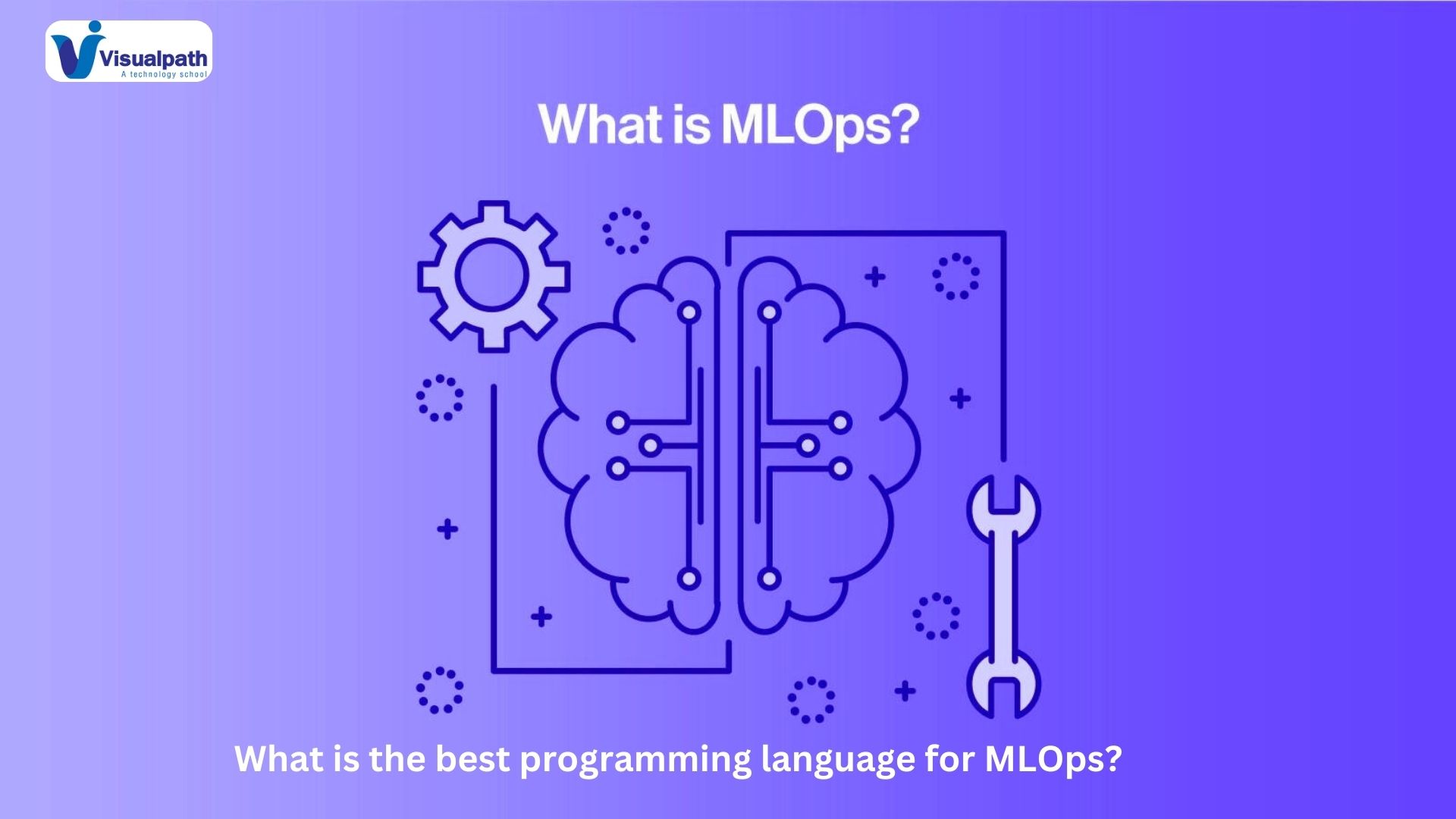Introduction
MLOps is essential for deploying and managing machine learning models effectively. With the increasing adoption of multi-cloud strategies, mastering MLOps across diverse cloud platforms is crucial for operational efficiency and scalability. This article explores best practices for implementing MLOps in multi-cloud environments, helping organizations optimize their ML workflows and leverage the full potential of their AI investments.
Understanding Multi-Cloud MLOps
Multi-cloud environments offer several benefits, including redundancy, cost optimization, and leveraging the best services from different providers. However, they also introduce complexities in managing data, workflows, and compliance across different platforms. MLOps in a multi-cloudsetup involves standardized processes and tools to handle these complexities, ensuring seamless model deployment, monitoring, and scaling across diverse cloud ecosystems.
Best Practices for Multi-Cloud MLOps
- Unified Data Management
Data is the backbone of ML, and managing it across multiple clouds can be challenging. To address this:
- Data Integration: Utilize data integration tools that support multi-cloud environments. Tools like Apache NiFi, Talend, and cloud-native services can help in aggregating and normalizing data from various sources.
- Data Governance: Implement robust data governance frameworks to ensure data quality, consistency, and compliance across clouds. This includes metadata management, data lineage tracking, and access control policies. MLOps Training in Ameerpet
- Data Replication and Synchronization: Ensure data replication and synchronization across cloud environments to maintain consistency and availability. Technologies like cloud storage gateways and hybrid data management platforms can facilitate this.
- Standardized ML Pipelines
Consistent and standardized ML pipelines are crucial for efficient MLOps in multi-cloud environments.
- Pipeline Orchestration: Use orchestration tools like Kubeflow, Apache Airflow, or cloud-native solutions that support multi-cloud deployments. These tools enable the definition, scheduling, and monitoring of ML workflows across different clouds.
- Containerization: Leverage containerization technologies like Docker and Kubernetes to package ML models and their dependencies. Containers ensure portability and consistency across cloud environments, simplifying deployment and scaling.
- Automated Deployment and Monitoring
Automation is key to maintaining efficiency and reliability in MLOps.
- CI/CD for ML: Implement continuous integration and continuous deployment (CI/CD) pipelines tailored for ML models. Tools like Jenkins, GitLab CI, and cloud-native CI/CD services can automate the build, testing, and deployment of ML models.
- Monitoring and Logging: Use comprehensive monitoring and logging solutions to track model performance, detect anomalies, and troubleshoot issues. Tools like Prometheus, Grafana, and cloud-native monitoring services can provide real-time insights and alerts. MLOps Online Training
- Security and Compliance
Ensuring security and compliance is paramount in multi-cloud MLOps.
- Identity and Access Management (IAM): Implement robust IAM policies to control access to ML models and data across clouds. Use multi-factor authentication, role-based access control, and cloud-native IAM services to enhance security.
- Data Encryption: Encrypt data at rest and in transit using strong encryption standards. Ensure that encryption keys are managed securely, preferably using cloud-native key management services.
- Compliance Monitoring: Continuously monitor compliance with relevant regulations and standards. Tools like cloud compliance services and third-party compliance monitoring platforms can help automate this process.
- Cost Optimization
Managing costs is a significant concern in multi-cloud environments.
- Cost Management Tools: Utilize cloud cost management tools to monitor and optimize spending across multiple clouds. Tools like AWS Cost Explorer, Azure Cost Management, and third-party platforms like Cloud Health can provide detailed cost insights and recommendations.
- Resource Optimization: Implement strategies to optimize resource usage, such as auto-scaling, spot instances, and resource tagging. These practices can help reduce costs while maintaining performance and availability.
- Collaboration and Communication
Effective collaboration and communication are essential for successful MLOps.
- Collaboration Platforms: Use collaboration platforms like Slack, Microsoft Teams, and project management tools to facilitate communication among teams. These platforms can help coordinate efforts, share knowledge, and track progress. MLOps Training in Hyderabad
- Documentation and Knowledge Sharing: Maintain comprehensive documentation of ML pipelines, models, and processes. Encourage knowledge sharing through wikis, internal blogs, and regular team meetings.
Conclusion
Implementing MLOps in multi-cloud environments presents unique challenges but also offers significant advantages in terms of flexibility, resilience, and cost-efficiency. By adopting best practices such as unified data management, standardized ML pipelines, automated deployment and monitoring, robust security measures, cost optimization, and fostering collaboration, organizations can effectively harness the power of multi-cloud MLOps. As we move further into 2024, these practices will be crucial in driving successful ML initiatives and maintaining a competitive edge in the rapidly evolving technological landscape.
The Best Software Online Training Institute in Ameerpet, Hyderabad. Avail complete Machine Learning Operations Training by simply enrolling in our institute, Hyderabad. You will get the best course at an affordable cost.
Attend Free Demo
Call on – +91-9989971070
WhatsApp: https://www.whatsapp.com/catalog/917032290546/
Visit: https://www.visualpath.in/mlops-online-training-course.html




